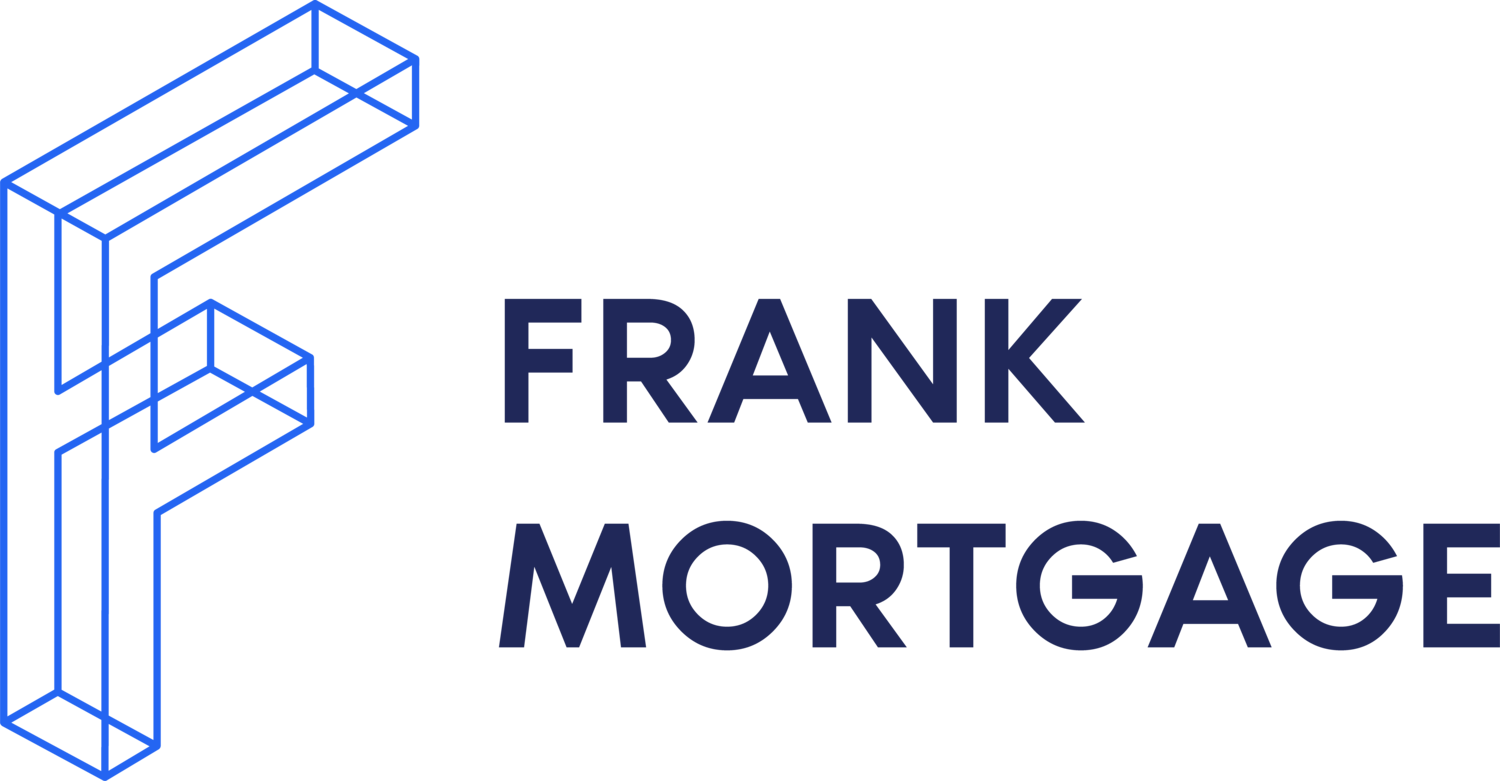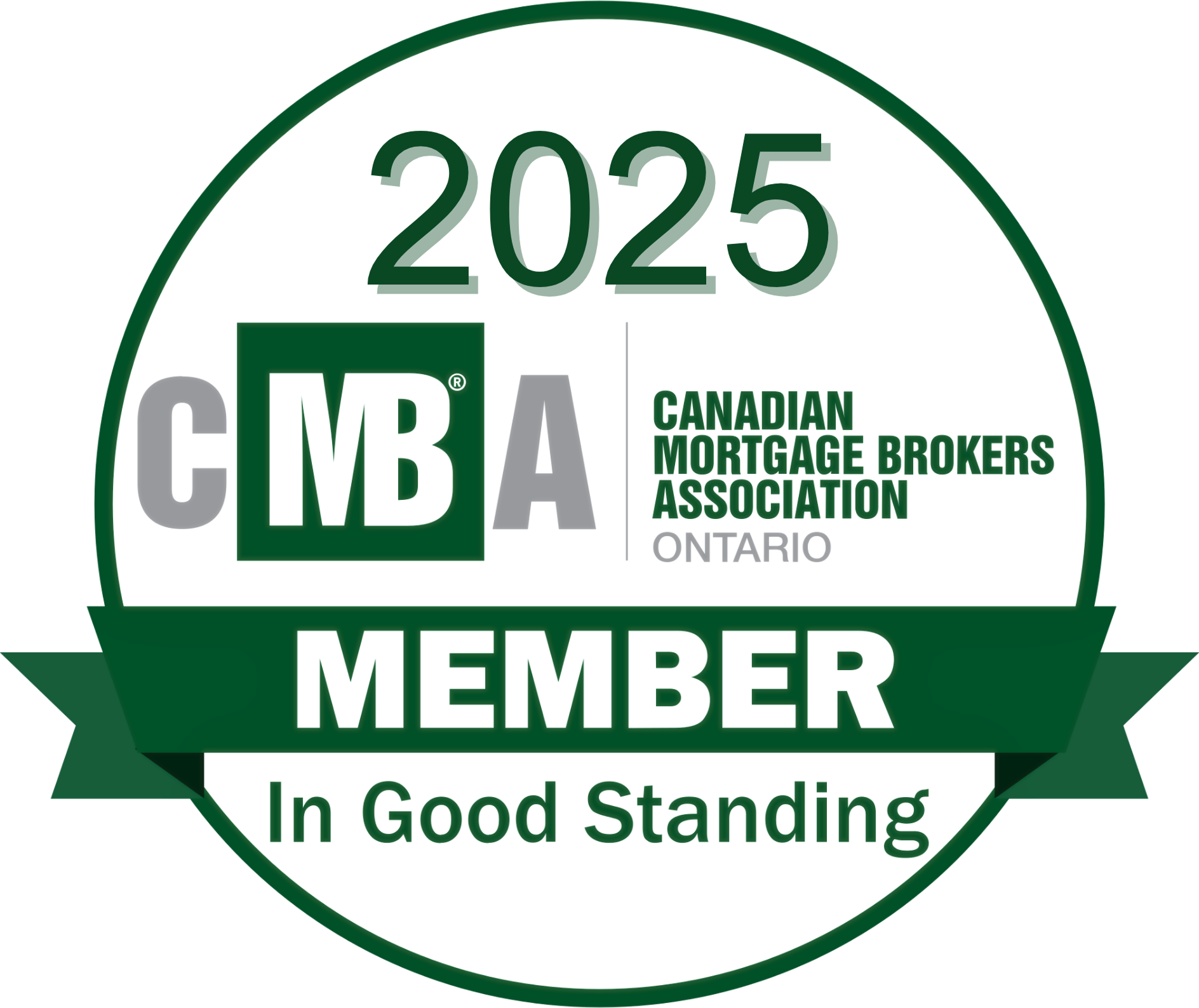Mortgage Glossary
A firm offer is an offer to purchase a home without any conditions attached. If you need financing to complete the purchase of a home, do not opt for a Firm Offer until your mortgage financing is fully approved by your Lender.
A savings account that is a registered plan that allows first-time homebuyers to contribute up to $8,00 per year, with a total limit of $40,000. When money is deposited in a FHSA you get the benefit of tax deductibility like an RRSP and amounts withdrawn for a house purchase are tax-free, like with a TFSA.
This is the mortgage registered in first position on title against a property. Why does your position on a mortgage matter? Because, the first mortgage has priority over other claims in the event of a sale or default. This means it would be paid first ahead of the other claims.
You will be considered to be a first-time home buyer if you did not, at any time in the current calendar year or at any time in the preceding four calendar years, live in a home as your principal place of residence that either you owned or jointly owned, or your current spouse or common-law partner owned or jointly owned.
Although they are often used interchangeably, there is actually one key difference between an adjustable-rate mortgage and a variable-rate mortgage. The interest rate on an ARM will fluctuate over time because the interest is pegged to a benchmark short-term interest rate, typically the prime rate. As the prime rate changes, the ARM rate will also change. What does that mean for you, the Borrower? It means if interest rates increase, not only will the cost of your debt increase but so will your monthly mortgage payment. There are some ARM products that offer fixed-payments. This means your payment stays the same for the term even when interest rates change. In this case, your payment would stay the same but the amortization period could change.
A written contract between a purchaser and a seller for the sale of a property from the seller to the purchaser.
The amortization period is the length of time it will take you to completely pay off a mortgage. The most common amortization period in Canada is 25 years. If your down payment is less than 20%, the maximum amortization period allowed is 25 years. Since most mortgages have a 5-year term, this gives you flexibility at the end of the 5 years to either continue with the amortization period remaining at that time or change it. Your amortization period affects the size of your mortgage payment. The longer the amortization period, the smaller the monthly payment but, the longer it will take you to pay off your mortgage. While a longer amortization period can make your monthly payments more manageable, it also means that you will pay more interest over the life of your mortgage. A shorter amortization period results in a larger mortgage payment but will save you money in the long run because you’ll be paying less interest over the life of your mortgage. It will also allow you to be mortgage-free sooner.
The APR is calculated by taking the contractual interest rate on the Mortgage and adding any non-interest finance charges. This rate must be disclosed to Borrowers as per the Business Practices and Consumer Protection Act. So, always make sure this rate is shared with you!
The appraised value is the fair market value of a property as determined by an accredited appraiser. Appraisals are often required when obtaining financing secured by a house and typically paid for by the Borrower.
The Bank of Canada is Canada’s central bank. It is responsible for Canada's monetary policy and for the promotion of the economic and financial welfare of Canada and is the sole issuing authority of Canadian banknotes. It also provides banking services and money management for the government, as well as loans to Canadian financial institutions.
Interest rates are often stated in basis points which can be confusing. But, a basis point is simply one-hundredth of a percent, or 0.01%. Here’s an example: a Variable Rate Mortgage rate could be quoted at 20 basis points below the Prime Rate. This means the VRM rate would be the Prime Rate minus 0.20%.
Blended payments are a way of repaying a loan with a fixed monthly payment made up of principal and interest (blended) over an agreed-upon amortization period. The Principal component of the monthly payment increases over time while the Interest component decreases.



